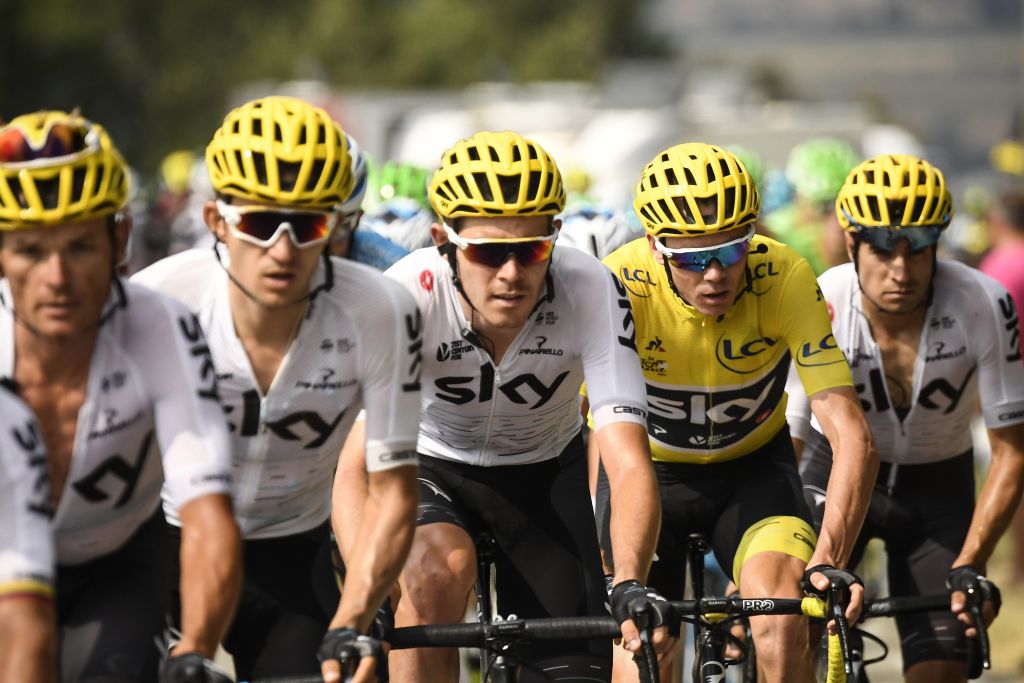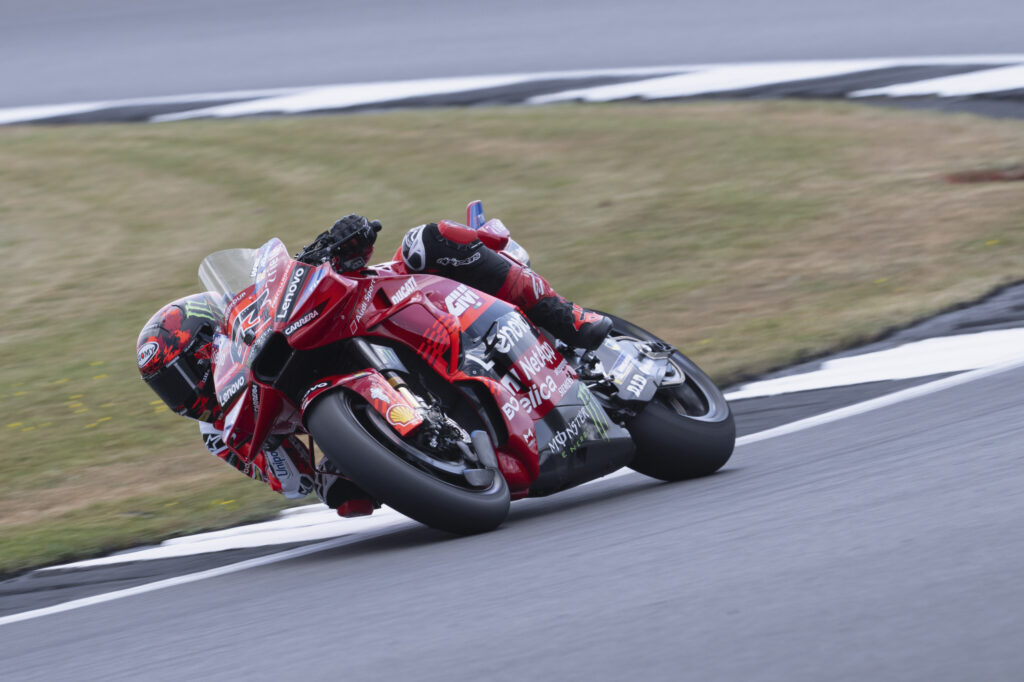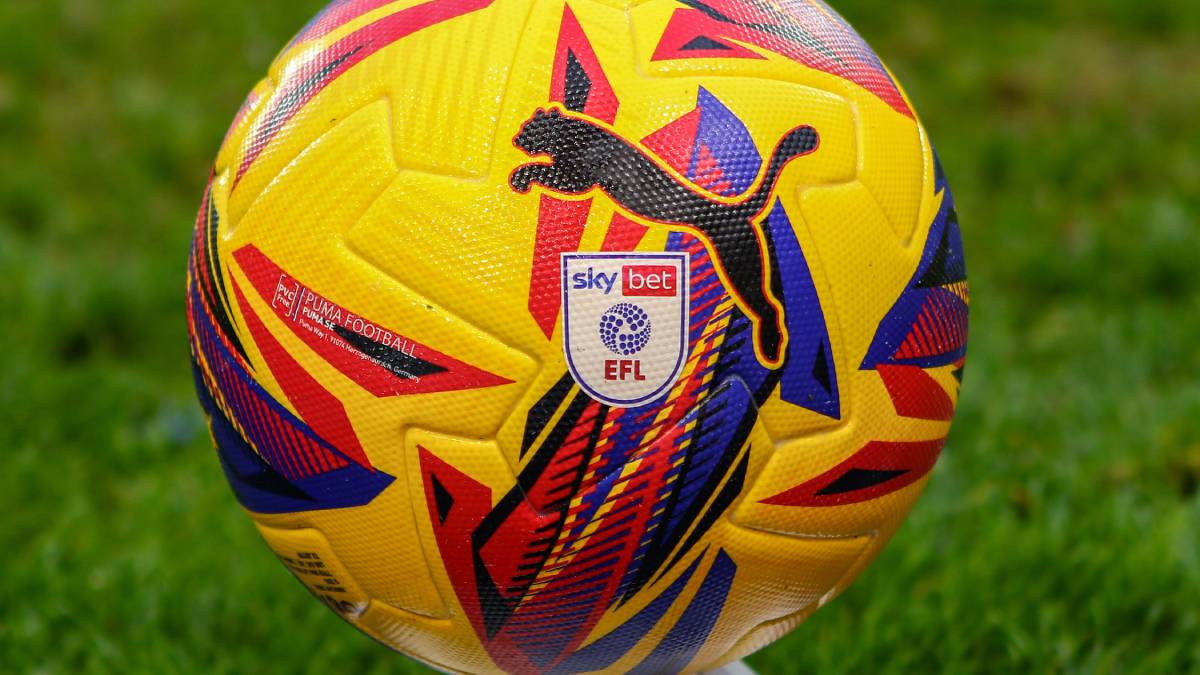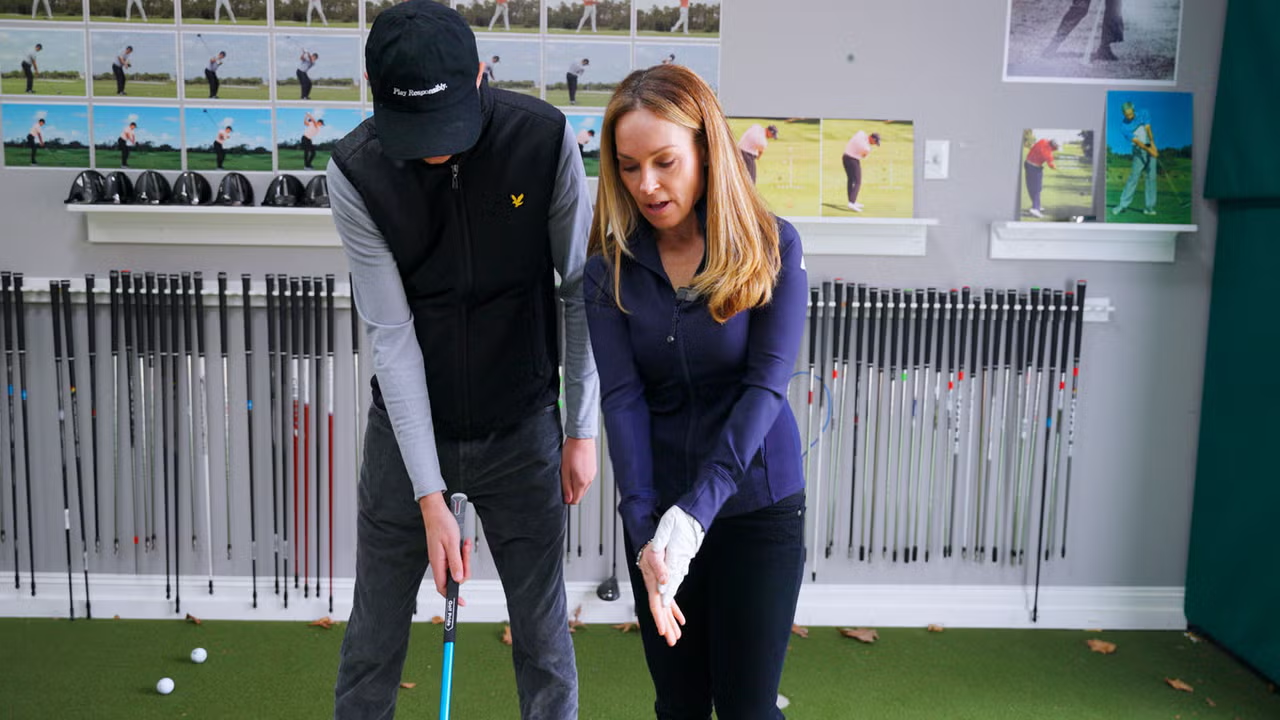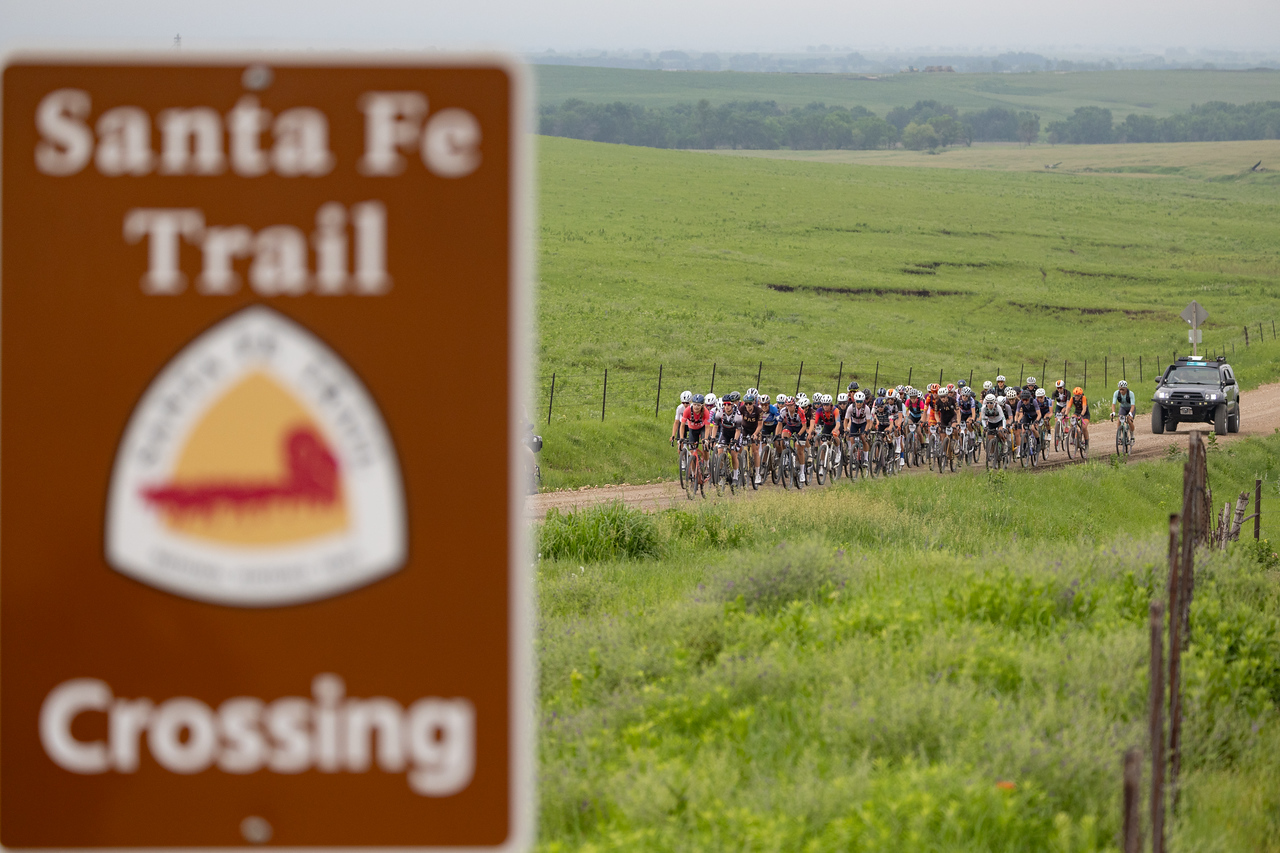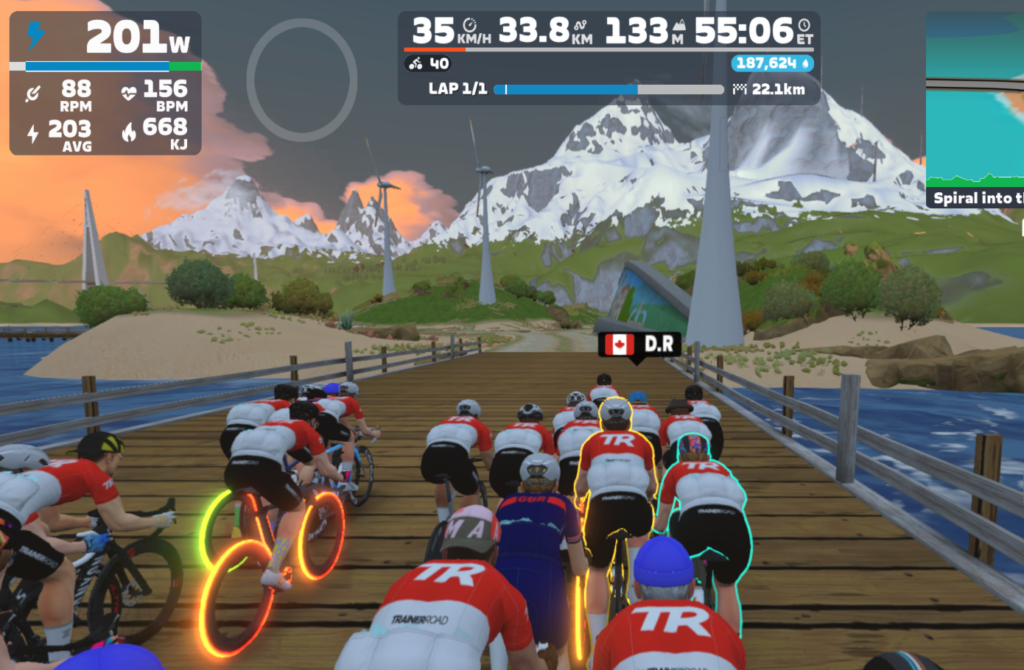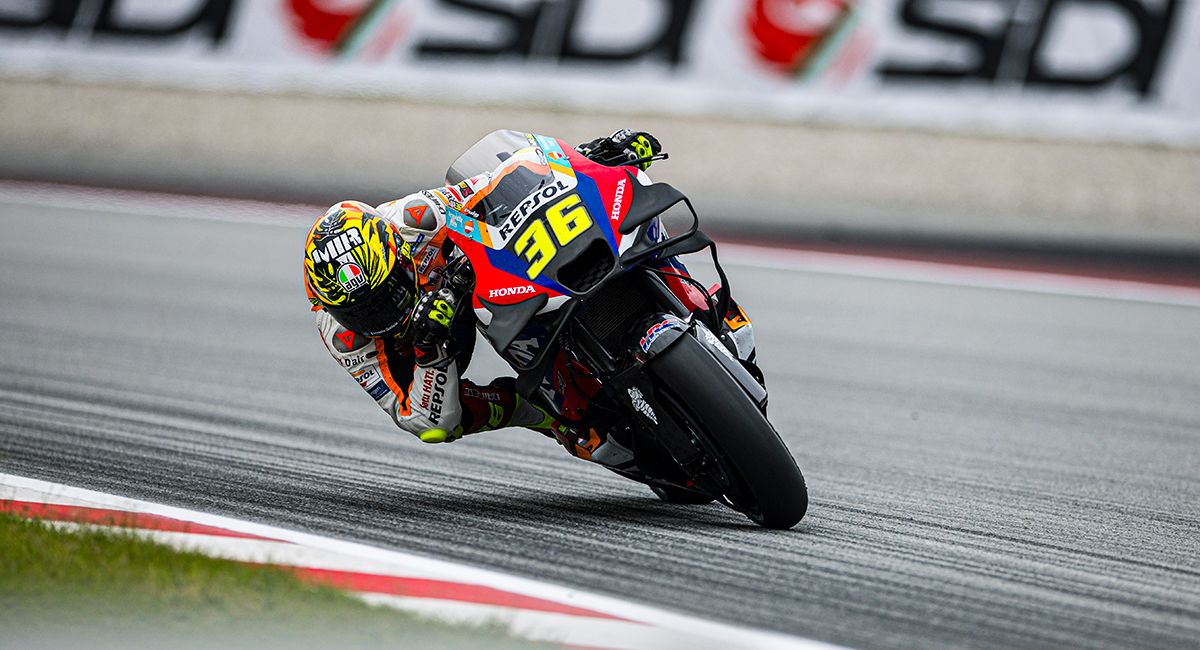Former pro racer Luke Rowe has argued that suspicion that at one point circled around Chris Froome’s Tour de France successes was a knock-on effect from the Lance Armstrong doping scandals that immediately preceded the Briton’s triumphs.
Armstrong confessed to repeated use of multiple PEDs in January 2013, something he had previously vehemently denied, and was subsequently stripped of all seven Tour de France titles he had won between 1999-2005.
Rowe spent all of his career at Sky and then Ineos Grenadiers, racing the Tour eight times before retiring at the end of 2024. He is now a sports director at Decathlon AG2R La Mondiale, and has just released a memoir, Road Captain: My Life at the Heart of the Peloton.
Froome is still racing at Israel-Premier Tech, having left Ineos at the end of 2020. He won the Tour de France four times between 2012 and 2017, and also claimed victories in the Giro d’Italia (2018) and the Vuelta a España (2011 and 2017).
In a lengthy Q&A with The Guardian coinciding with the release of his book and covering multiple topics and where readers were invited to send in questions, Rowe was asked about the suspicion and online abuse that Froome had to cope with when winning the Tour and how the peloton reacted in comparison to Tadej Pogačar‘s high-level performances.
“Froomey’s successes came off the back of a very suspect sport, off the back of the Lance Armstrong thing, and the whole sport collapsed for a while,” Rowe said, explaining that the context was anything but favourable for stand-out racing at the time.
“Shortly afterwards Froomey was king of the sport. Whoever was king post-Lance Armstrong was going to get destroyed.
“We had some hate off certain people throughout our time at Sky because we were the best. Now Ineos is not the best, I don’t think anyone suspects anything.”
Rowe argued that the lack of abuse received by Pogačar was due to a major shift in the peloton regarding banned drugs, and that the sport “is in the best state it’s ever been in. And I think this is largely down to the inclusion of the biological passport. It really has cleaned up the sport.”
Sky’s domination of stage racing during the 2010s, keeping the opposition under rigid control was an approach that Rowe argued was exceptional.
“I think to have that strength in depth, that organisation, that belief in your teammates, that chemistry in the team was quite special and unique. I think there was some beauty in what we did,” he said.
“Was it particularly exciting to watch? No. Did it put a stranglehold on the race and stop a certain level of flamboyance and panache? It did. Guys were afraid to attack. We had the strongest leader, the strongest team, and were the most organised. We were hard to beat.”
Looking at the future, Rowe felt that his former team, Ineos, might return to the top of the sport, but over the next five years they needed to “take a step back and reassess” and that in the past the team had also had a solid track record of investing in future generations to ensure there was no gap between one success story and the next. on their rosters
“If they want to be the No 1 GC team, they need to think about the No 1 GC rider in 2028, 2030. Who is he? Where is he? Is a current pro? Is he an amateur? That’s what you’ve got to be looking at. Who is that individual? You can make a great team but if you haven’t got that one individual, you’re fucked.”
As for the peloton’s attitude to Amstrong himself, Rowe said that he could only speak for himself, and that he had distinctly mixed feelings. On the one hand, he argued, “He ruined the sport, he cheated, he broke people’s hearts,” but he also pointed out that Armstrong had helped make considerable amounts of money for charity.
“Every single person in the world has been affected by cancer at some point, and he did a lot of good for that, so there’s two sides to it.”


